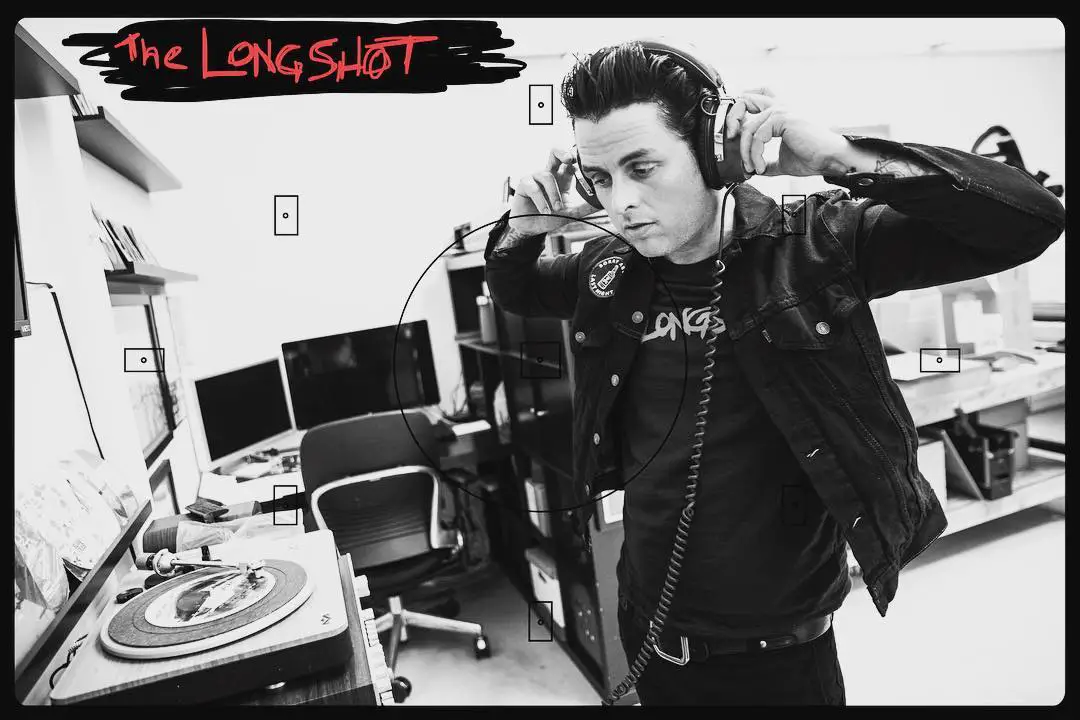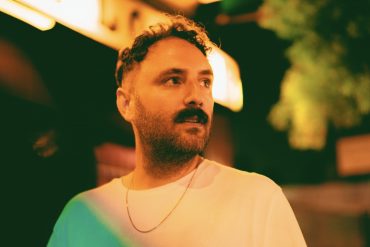Atwood Magazine discusses the artistry of Noah Weinman’s Runnner, a project that revels in the intimacy of our broken person.
Stream: ‘starsdust’ – Runnner
Runnner is Los Angeles native Noah Weinmann’s musical project, a moniker housing vulnerable and folksy artistry that centers on connection.
Weinman paints himself as a sort of melancholic slapstick — only singing about food, falling off his bike, reminiscing about love lost through crusty blood clots. It’s a delightful ruse that couldn’t be farther from the truth. Wonderfully anxious and entrancingly thoughtful, Weinman’s lyrics combine mundane imagery with half-shrouded secrets. Weinman is always drafting a letter, mustering up the courage to pluck the unsaid out of thin air and speak it into existence — take for instance, “I wanted to speak, I’m just choking now, at the edge of the map, I’m still trying to run out.”
Weinman takes us in circles, telling us everything without saying anything at all. He gives himself in fragments draped over his instrumental trademarks: the thudding of the drums and the manic-depressive tendencies of his acoustic guitar and piano.
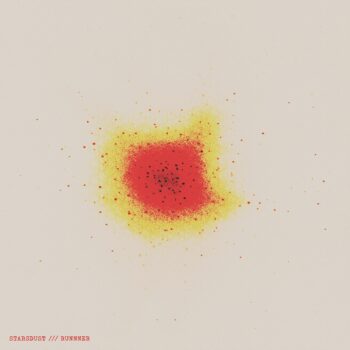
Runnner focuses on textures and shapes, making for charmingly harmonious instrumentation. He paints landscapes of sunshine rippling through lakes and fog covering the fiery full moon and shoes sinking into the mud the morning after a rainstorm. Runnner is about moments that feel too big to handle but too important to ignore.
Weinman has glued together the most improbable puzzle pieces in his latest project, starsdust. Weinman tells Atwood Magazine that the project combines pieces of his previous record, like dying stars, we’re reaching out.
We are big balls of inconceivable matter doomed to occupy one corner of the universe, extending a hand to anything that will reach back. Maybe like Weinman we will one day gather the pieces and form them into an abundant abstraction, or maybe we will be left to collect the dust of our fondest memories. Regardless, Runnner’s music will meet us there, occupying the endless space that surrounds us.
Atwood Magazine discusses the artistry of Noah Weinman’s Runnner, a project that revels in the intimacy of our broken person.
— —
:: stream/purchase starsdust here ::
:: connect with Runnner here ::
A CONVERSATION WITH RUNNNER

Atwood Magazine: You are releasing an ambient album! Why did you choose this as your next project?
Noah Weinman: I always wanted to. I just had the idea while I was working on Dying Stars. Sometimes you are sifting through a track and you will mute things and hear textures in isolation. I thought it would be cool if there was a record of just these isolations. It was also a fun thing to work on because I was just using free recorded material. It was something I could do on my laptop, in a plane or in a hotel room. Then I got injured, and I was stuck in bed with my foot elevated. I couldn’t sit up and I couldn’t record things. I made an acoustic guitar ambient album the year before. It wasn’t a Runnner release, and I wasn’t sure this one would be either. I sent it to the label and they liked it. I initially thought of it as an addition to Dying Stars, maybe a disc 3 release.
We’ll do one show. I’m really excited about it! I’d love to do more of those shows but I’m not sure if there will be an audience for it just yet. This will be a jazz band rendition / homage to the album.
What was it about Dying Stars that inspired Starsdust?
Weinman: Honestly, I didn’t have the idea yet. I had the thought while working on Dying Stars. I was solidly in bed for six weeks.
The songs on your first record, Always Repeating, built and exploded into something. The latest record’s songs had an identity from the beginning of the track and stayed within that realm. What marked this shift?
Weinman: I was a lot more interested in texture and production and creating space on Dying Stars. I was feeling like more of a producer than a songwriter in making that album. Partially because I had been sitting on those songs for so long. Always Repeating had songs that I was playing live, so it had a bit more of a band dynamic. Dying Stars is a very pandemic record. When you are making things at home you want to live in the space of the songs for a moment.
Do you think you will perform the songs more dynamically?
Weinman: Yeah, we have been. It was nice to get the live recordings out in the deluxe version. I would still like to record my songs over and over again, I want them to have so many different lives. We might do more.
How does that change your relationship with your songs?
Weinman: I think they all hand off to each other. I’ll write a song, record it one way and start playing it live another way. I’ll like the way I play it live but I don’t want to re-record the same song. So I write a new song that is more similar to the live version of that song. It becomes this diagonal chain.
I think I’m able to juggle all of it. I’m always writing songs. I have periods where I don’t write and it used to really stress me out. But as I develop a deeper back catalog of unrecorded stuff, I put a lot less pressure to write new songs. I’m always poking at it, but sometimes you wake up and it just works.
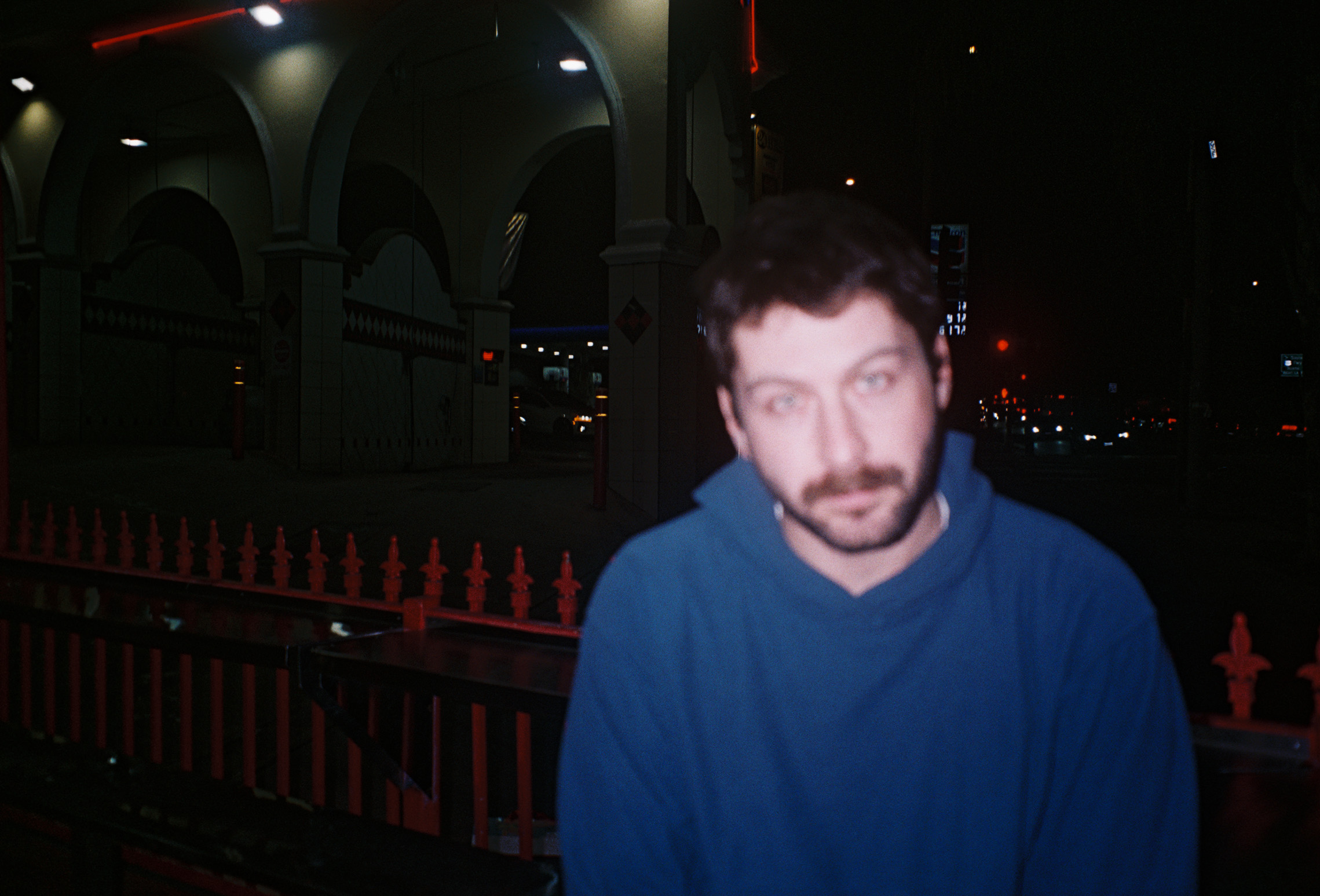
How did you transition from trumpet to being a multi-instrumentalist?
Weinman: I was a band kid in school. I was a pretty good trumpet player, but I was always more musical. I never really succeeded in music the same way my peers did.
I think a lot of it has to do with the culture we teach music in. In America we learn one instrument on a technical level but I feel like in other countries, South American and African countries in particular, the culture is more about musicality.
When I was in college I studied music in South Africa. I played in the Southern African music ensemble. Everyone is expected to play a bunch of different instruments in the ensemble, But that is not the way we do school bands in this country.
It’s the emphasis on improvisation and oral tradition too!
Weinman: Totally. Being afforded the time to dabble in a bunch of instruments made me realize that that is what I was good at. I’m not a bad musician, I’m just not a technically-minded musician.
I love Qawwali and Hindustani music, and I’m constantly thinking about that tradition as opposed to how linearly I learned music. Zakir Hussain wasn’t allowed to touch the tabla for two years.
Weinman: Yeah, and they can’t play the things until they can sing all the parts. There’s a different word for each drum hit. It’s like djembe.
Right, and the songs are twenty minutes long.
Weinman: Yeah (laughs). I write shorter songs. Every Runnner album so far has had one song that’s over five minutes long, and that’s usually my favorite song on the album. Starsdust has the same. It’s all about what the song calls for.
You produce arguably as much as you write.
Weinman: Production takes me out of my head a little bit. I wrote and produced Dying Stars in tandem. With Starsdust, I had already written the songs, so I got to put on my producer hat. I think this spacing works better for me. That’s what I get to do with my clients. I really try to treat it like a customer service thing.
How do you avoid imposing your own will on the song?
Weinman: I have some ground rules. If I disagree with something that’s happening, I will voice my opinion once. If the artist isn’t interested in it, then it’s gone. I try to place myself in their shoes. You just have to trust the artist’s vision. The song is the person and the production is the outfit they have on.
In terms of your songwriting, you’ve said that “every Runnner song is about connection / communication.” Can you touch on that?
Weinman: I know some bloggers thought it was lazy or something, and I realize it’s not for everyone. It feels like the most honest thing I have to say, and if you don’t struggle with it then I’m sure it seems strange. This next record is a lot more straightforward.
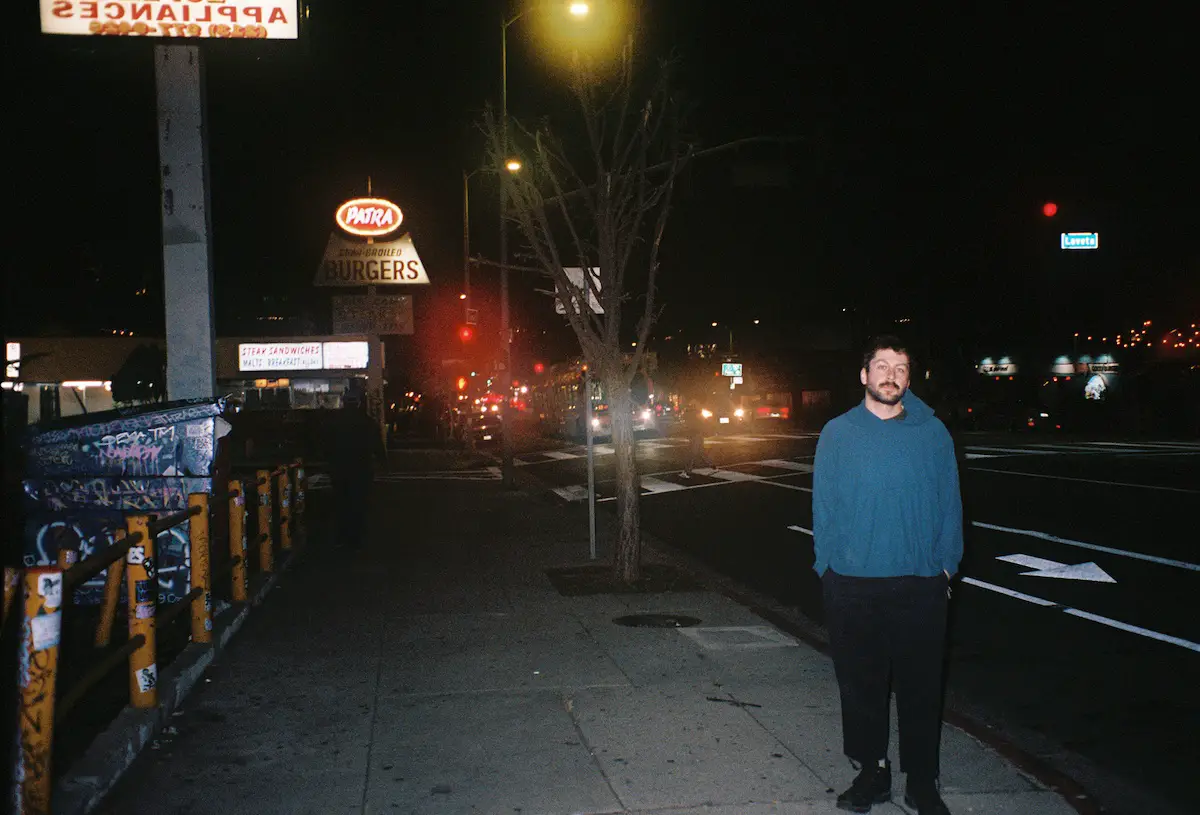
Is that the way you write the way you wish you could communicate, or is it a songwriting style you resonate with?
Weinman: I think it’s more a songwriting style that I like. I think my way of communicating is more direct and less image-based. When I’m writing, I want to find the beauty in the mundane, which to me is the angle I’ve found as a songwriter. Growing up I thought in order to make something good I had to lead an interesting life.
Then you realized all of your favorite people are boring.
Weinman: Totally. And the writer and the poet and the people I admire are not always in the center of the action. They’re the people who notice the details. It’s so hard to articulate your own experience and make it sound new and exciting. I think being a writer is being open to that experience too. There’s not one correct interpretation of your work.
How did you come to realize that? Was an ego-death involved?
Weinman: I’m never trying to connect all the pieces. It started out as a timidity thing, I don’t like dealing in absolutes and I don’t like singing in absolutes. I very rarely invoke other people in my music because I don’t feel that I have the authority to speak about their experience.
There’s a world where “runnning in place at the edge of the map” was a conversation. When there is a “you” in my music, it’s usually still me. A big part of my project with Runnner and other projects is leaning into my limitations in a way that incorporates them back into the work. If I feel limited in only writing from my experience, I intentionally carve out gaps in the lyrics for the listener to insert themselves into.
— —
:: stream/purchase starsdust here ::
:: connect with Runnner here ::
— — — —

Connect to Runnner on
Facebook, Twitter, TikTok, Instagram
Discover new music on Atwood Magazine
© India Coombs
:: Stream Runnner ::

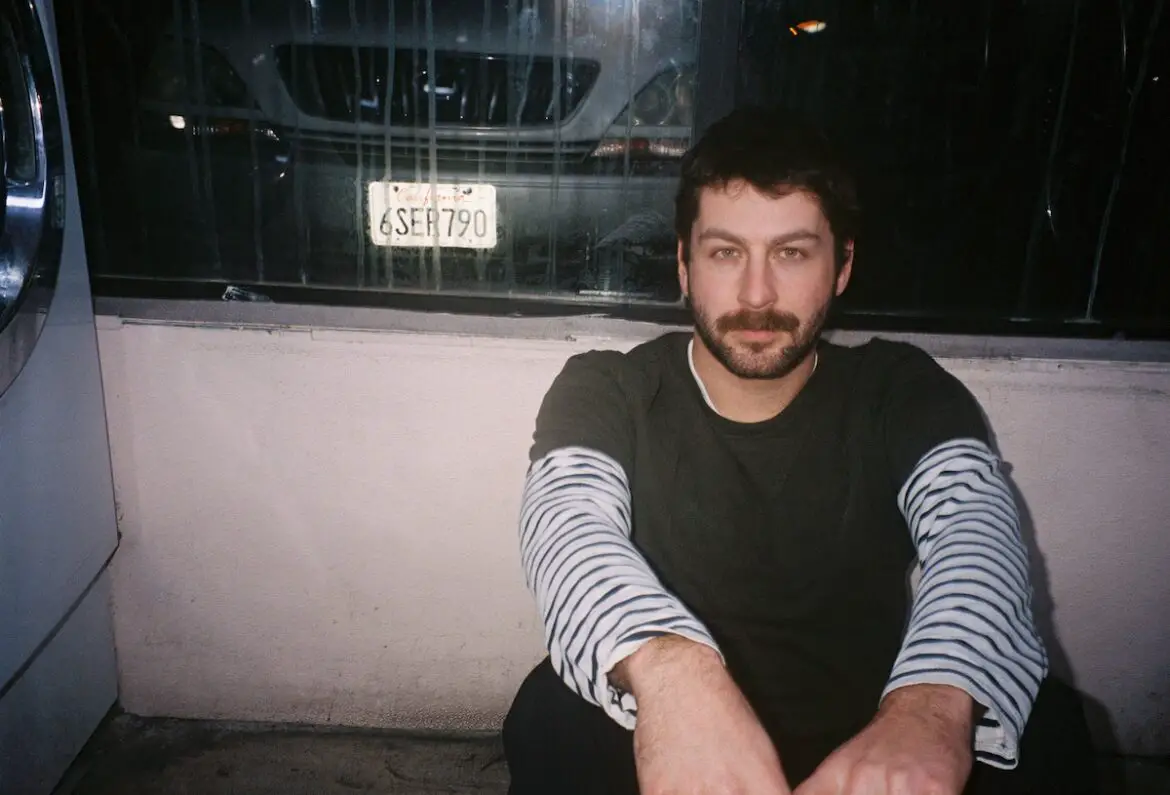
 © India Coombs
© India Coombs

